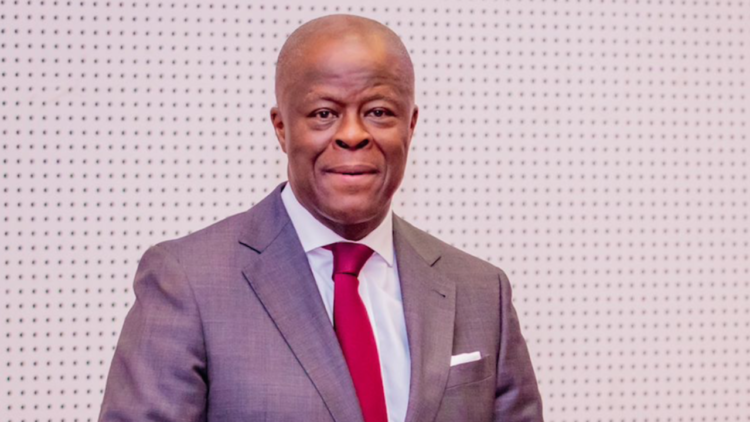The federal government has said it is considering an adjustment to its N54.99 trillion national budget as part of measures to respond to potential shocks of the United States global trade tariff hike.
Minister of Finance and Coordinating Minister of the Economy, Wale Edun gave the notice on Monday at a corporate governance forum organised by the Ministry of Finance Incorporated (MOFI) in Abuja.
Edun also acknowledged that the adverse effect on Nigeria will be through oil price plunge. He claimed that the government is making efforts to ramp up crude oil production to curtail any price effect.
“We are also focusing on non-oil revenue mobilisation by FIRS and Customs.
“Budget adjustment and prioritisation where possible, and also innovative non-debt financing strategies,” Edun remarked at the event that was held at Transcorp yesterday.
US President Donald Trump announced general global tariffs on all imports into the country, including Nigeria.
Nigeria-US trade has been in surplus in the last three years (2022-2024). According to official data, Nigeria’s export to the US is between $5 to $6bn annually.
“Consequently, the tariff effect on exports is negligible if we sustain our oil and minerals export volume,” Edun told the gathering.
However, he claimed that Nigeria is positioned to withstand global trade disruptions, including the new United States import tariffs, triggering a murmured disagreement from the crowd.
He said the administration is determined to attract investment, not just through policy rhetoric but by demonstrating corporate readiness and governance in state-owned enterprises.
Edun stressed that Nigeria remains relatively insulated due to early reforms and a shift in economic strategy.
The minister said the government is prioritising non-oil revenue mobilisation through the Federal Inland Revenue Service (FIRS) and Nigeria Customs Service to mitigate potential revenue shortfalls.
Edun said Nigeria is already pivoting its economic model toward private sector-led growth, equity-based financing, and strategic asset optimisation.
According to Edun, while the government accounts for 10 per cent of the gross domestic product (GDP), the private sector owns 90 per cent.
He credited President Bola Tinubu’s administration with stabilising key macroeconomic indicators and laying the groundwork for sustainable growth.











